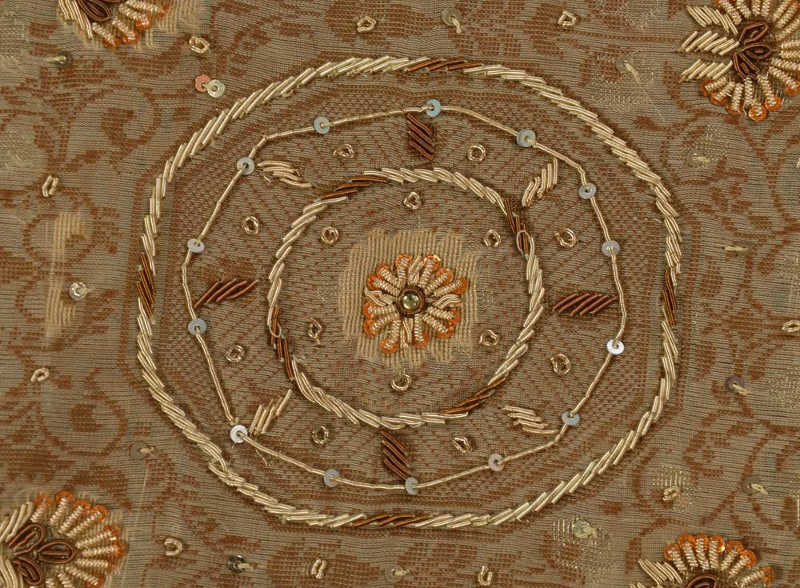===
0383,
1
===

=== |
 |
ḥarīf : 'A fellow-worker (in one's craft or ordinary occupation), an associate, a partner, a mate; —a rival, opponent, adversary, antagonist; an enemy; —adj. Clever, cunning; —pleasant, facetious; —impudent, audacious'. (Platts p.477)
be-kas : 'Friendless, forlorn, destitute'. (Platts p.203)
samāñ : 'Equality, level, rank'. (Platts p.672)
FWP:
SETS == GRANDIOSITY
MOTIFS
NAMES
TERMSIn the case of ḥarīf , the adjectival meanings too work well: the sky is warned not to be 'clever', or 'facetious', or 'impudent' (see the definition above) with regard to the affliction of the forlorn ones.
Note for grammar fans: Modern usage would be muñh se nāle ke nikalne par , 'on the emergence of the lament from the mouth'. The combination of archaism and reversed word order makes it a bit obscure. We can't take it as muñh se nikle ( huʾe ) nāle , because then we'd need kā instead of ke .